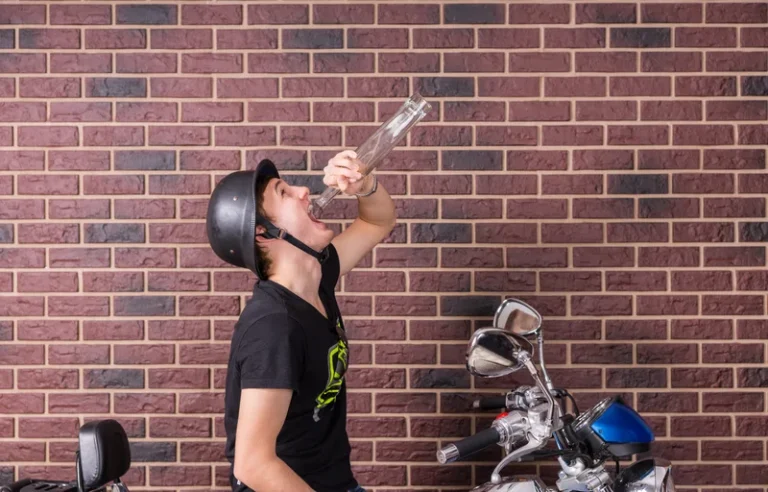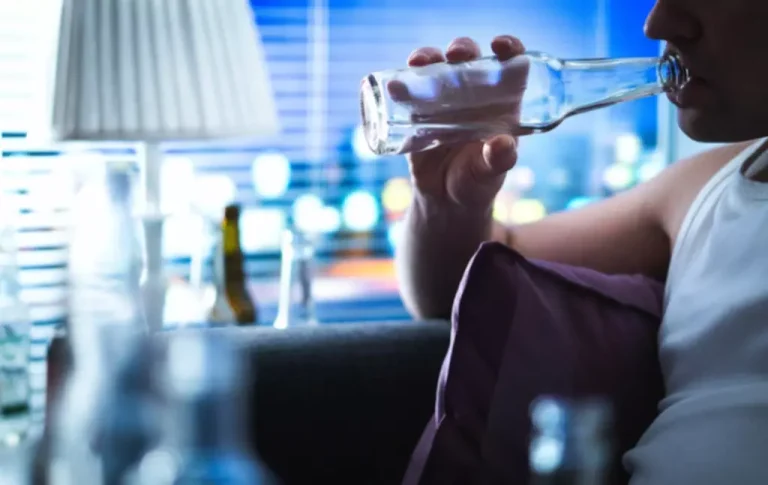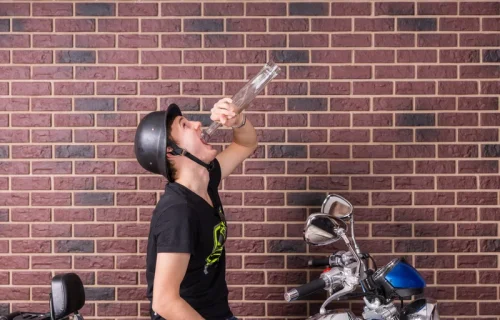
Staying hydrated, replenishing electrolytes, and consuming balanced meals can help regulate blood sugar levels and alleviate symptoms. Additionally, seeking medical attention for severe or persistent Alcohol Use Disorder hangover symptoms is advisable, as it may indicate a more serious condition or require professional intervention 4. Alcohol consumption can also lead to a drop in blood sugar levels, resulting in shakes or tremors. When you drink alcohol, your body’s focus shifts to metabolizing the alcohol, which can disrupt normal blood sugar regulation. This can cause hypoglycemia, or low blood sugar levels, leading to symptoms such as shakiness, weakness, and dizziness.
How to Help Someone with Gambling Addiction

Alcohol is a diuretic, meaning it increases urine production and can lead to fluid loss. Rehydrating your body is crucial in reducing the severity of hangover shakes. Along with drinking plain water, consuming beverages hangover shakes that contain electrolytes can help replenish important minerals lost during alcohol consumption. Alcohol is a diuretic, meaning it increases urine production and can lead to dehydration.
Reach out now and start the healing process
- The increase in GABA activity result in alcohol withdrawal shakes and other symptoms (like sweating) which can begin after 6-10 hours after the last drink.
- Severe symptoms like mental confusion, hallucinations, or seizures can occur in cases of withdrawal.
- Understanding these causes and symptoms can provide insights into why shaking and sweating occur after drinking.
- Foods like bananas and oats are excellent choices as they provide essential nutrients that support recovery.
- It’s important to be aware of the effects of alcohol and to consume it in moderation to avoid these negative consequences.
- Low blood sugar might also play a role, as alcohol can have an impact on your body’s ability to monitor blood sugar levels.
Additionally, the anxiety and discomfort caused by the shakes can exacerbate other hangover symptoms and make recovery more challenging. It is essential to distinguish between hangovers and other alcohol-related symptoms. While hangovers typically arise after excessive alcohol consumption, certain symptoms can be attributed to different causes.

The Importance of Consulting a Healthcare Professional
Alcohol is a diuretic, meaning it increases urine production and contributes to fluid loss. This can lead to dehydration, which in turn can cause muscle twitches, tremors, and general discomfort. Ensuring proper hydration before, during, and after drinking can help minimize the risk of dehydration-related shakes. Treating hangover shakes may involve ensuring proper hydration, getting adequate rest, consuming a nutritious diet, and avoiding alcohol until symptoms resolve.

How Long Does Addiction Recovery Take?

If hangover shakes persist or worsen beyond 72 hours, or if they are accompanied by severe symptoms like seizures or delirium, it’s crucial to seek professional help. Another factor contributing to hangover shakes is the fluctuation of blood sugar levels. Alcohol consumption inhibits the liver’s ability to release glucose into the bloodstream because it prioritizes metabolizing alcohol instead.
- If you are concerned about your alcohol consumption or are experiencing symptoms that interfere with your daily life, it’s important to speak with a healthcare professional.
- If you have been drinking consistently and notice other symptoms like cravings or urges, you might suffer from a dependence on alcohol.
- These tremors are typically experienced in the hands, fingers, arms, and even the voice, stemming from changes in the nervous system that resemble alcohol withdrawal symptoms.
- Additionally, snacking on nutritious foods while drinking can help counteract the effects of alcohol on the body.
- Treatment options include hospitalization or outpatient treatment, and lifelong avoidance of alcohol is recommended for those who have gone through alcohol withdrawal.
- When symptoms begin, they often peak around the time blood alcohol concentration reaches zero and can persist for up to 24 hours afterward.
- Remember to drink plenty of water, eat a meal before drinking, and consider taking a magnesium supplement to reduce the severity of hangover shakes.

